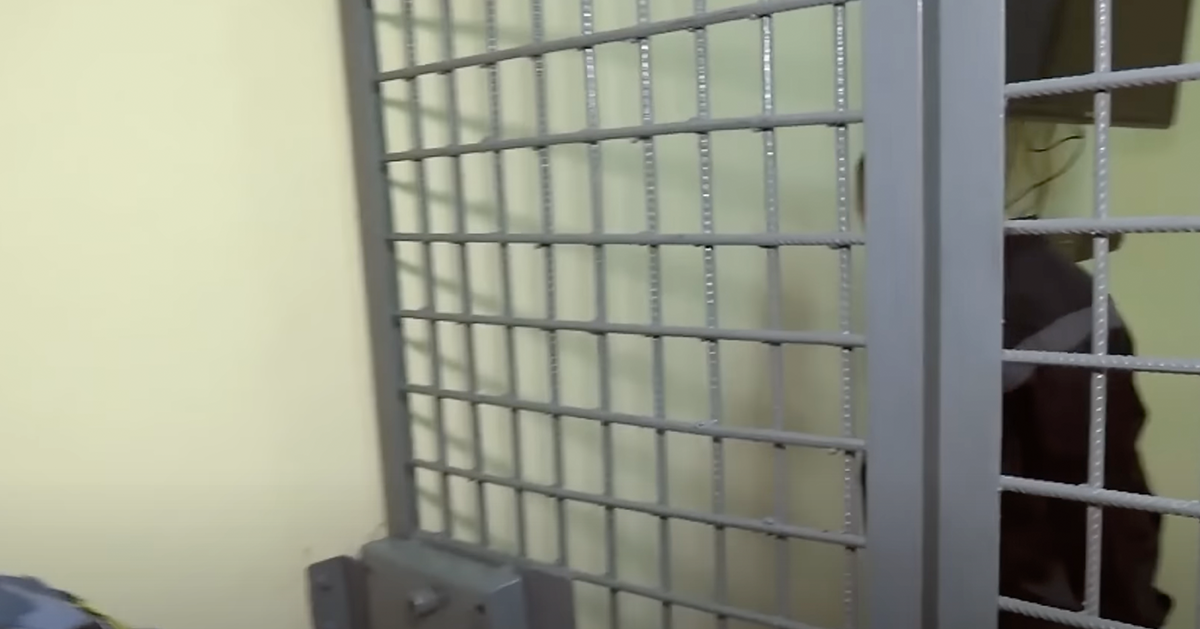Zelensky has conditional welcome for Whtie House return , Adviser Says
An altercation between Ukrainian President Volodymyr Zelensky and U.S. officials, including President Trump and Vice President JD Vance, stirred tensions in the Oval Office last week, and the disagreement centered around Zelensky's stance on peace negotiations with Russia, which the White House deems necessary for any return visit.
Zelensky's willingness to negotiate peace with Russia is a key condition if he is to be welcomed back to the White House after having been asked to leave on Friday, as the New York Post reports.
This point was emphasized by National Security Adviser Mike Waltz, who criticized Zelensky's approach to potential diplomatic discussions with Russian President Vladimir Putin. The meeting, which took place at the White House, saw Zelensky and Trump engage in a heated exchange regarding Ukraine's diplomatic strategy.
During the Oval Office meeting, Zelensky was expected to finalize a mineral-rights agreement. The deal would cover costs related to U.S. military assistance to Ukraine. However, the agreement was left unsigned following the dispute. Vice President Vance labeled Zelensky as "disrespectful," a remark that encapsulated the mood of the meeting.
Contentious Oval Office Meeting Unfolds
Waltz spoke about the difficulty of the interaction, noting the lack of clarity on Zelensky's intention to engage in forthcoming peace negotiations. According to Waltz, there was surprise in the White House when it seemed Zelensky might never proceed with negotiations. He stressed the importance of moving forward but stated that talks could not continue under the present conditions.
In a subsequent interview, Zelensky made it clear that he would not apologize for his actions during the meeting. Instead, he asserted that before further discussions could happen, security guarantees needed to be secured. The strong words reflect Zelensky's cautious approach, countering the criticisms aimed at him during the Oval Office incident.
The Trump administration has outlined a clear prerequisite for Zelensky to return to the White House: engaging earnestly in peace talks and avoiding derogatory language.
Waltz reiterated this sentiment, underscoring that the administration requires a genuine commitment to potential negotiations with Russia for any future diplomatic engagements.
Backdrop of U.S.-Ukraine Relations
The strain between the U.S. and Ukraine comes as the conflict between Ukraine and Russia marks its third anniversary. Historically, the U.S. has backed Ukraine amidst ongoing clashes with Russian forces. With Trump looking to mediate between the two nations, the stakes of the meetings remain high for both U.S. foreign policy and European security.
Despite the incident, Trump is reportedly exploring avenues to normalize relations with Russia, contemplating potential steps to stabilize bilateral ties. The broader goal of these measures is the cessation of the armed conflict, which persists in Eastern Europe. Waltz talked about the resolution of the war, indicating that any peace deal necessitates concessions from both sides.
Following the tension-filled discussions, Waltz dismissed speculation that the meeting was an orchestrated trap for Zelensky. He refuted claims of an ambush, highlighting that the mineral-rights contract had already worked out well before Zelensky’s visit. Waltz insisted that the clash stemmed from pre-existing diplomatic agreements.
Wider Implications for European Diplomacy Emerge
President Trump's dual role -- involving efforts to act as a mediator while urging Ukraine to step up its diplomatic efforts -- has caused unease among European allies. There is growing concern about the future direction of U.S. involvement in the region, especially as America pushes for potential normalization with Russia.
Zelensky's icy departure from the White House has left the mineral rights contract up in the air, casting uncertainty over future economic interactions. The intended deal was meant to offset the financial implications of U.S. defense support for Ukraine, leaving an unresolved financial aspect in the evolving diplomatic competition.
Among criticisms floated post-meeting are reservations about Zelensky's diplomacy. JD Vance’s rebuke of Zelensky’s diplomatic demeanor hinted at deeper disagreements about the approach to the ongoing conflict. Vance's pointed question about the nature of diplomacy he expected from Zelensky was met with defiance.
Zelensky's Path Forward in Diplomatic Relations
Zelensky maintained his position, arguing that basic security measures must precede further dialogue. It appears his commitment to achieving such guarantees is a foundational brick of his strategic plan. Many observers are keen to see whether Zelensky will shift his strategy following these events.
The upcoming months are crucial as the Trump administration continues to navigate the complex web of alliances and geopolitical interests at play. Discussions between Russia and the White House regarding improving ties suggest ongoing efforts to find common ground. Such moves may pave the way for potential resolutions within the conflict-laden region.
Waltz articulates the pressing need for concessions. Territorial adjustments and security agreements from both Ukraine and Russia are seen as the only viable path to peace. The U.S. is steadfast in its insistence on these conditions for any meaningful progress in diplomatic talks.
In summary, Zelensky's conditional welcome back to the White House underscores the Trump administration’s strategic aims to foster a conducive atmosphere for peace talks with Russia. As Zelensky weighs his next steps against the current geopolitical landscape, the world waits to see how these diplomatic dynamics will evolve.






